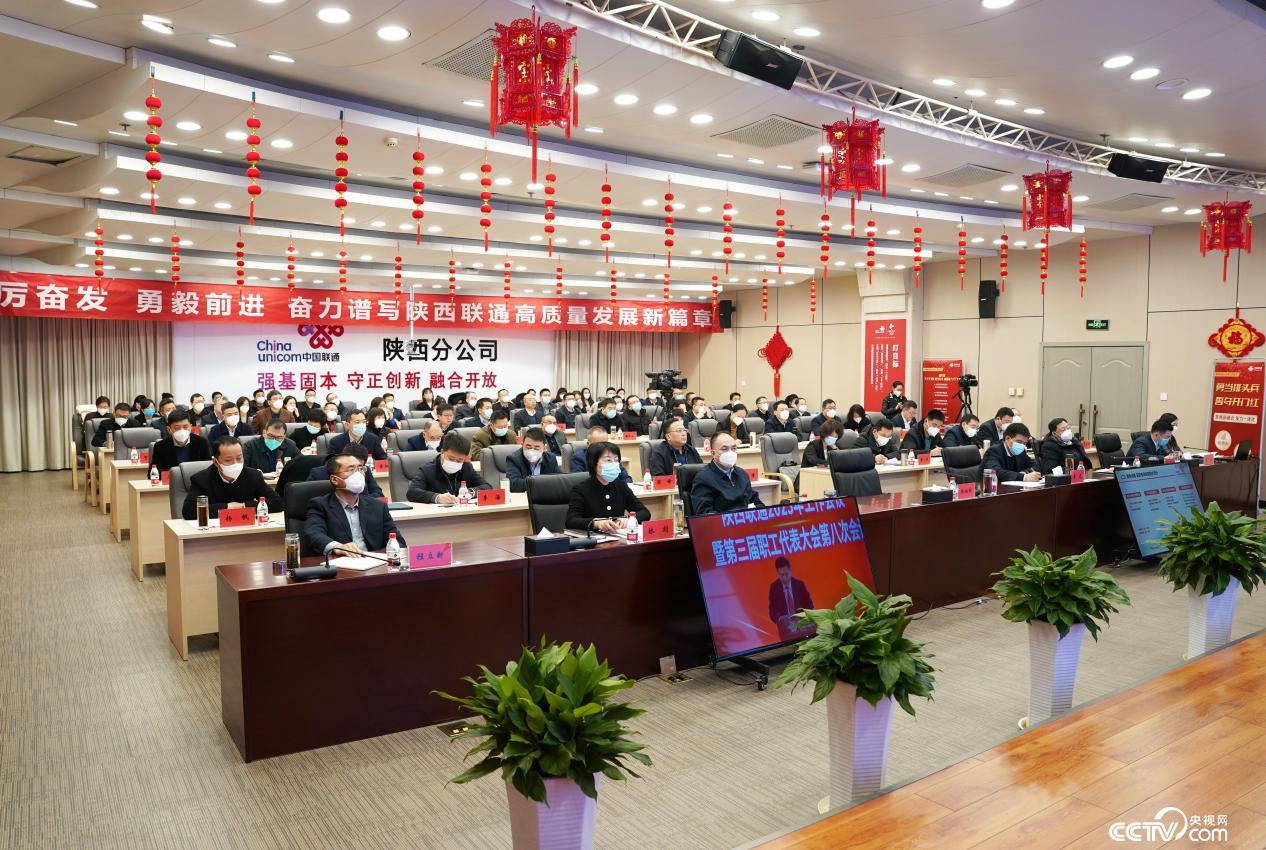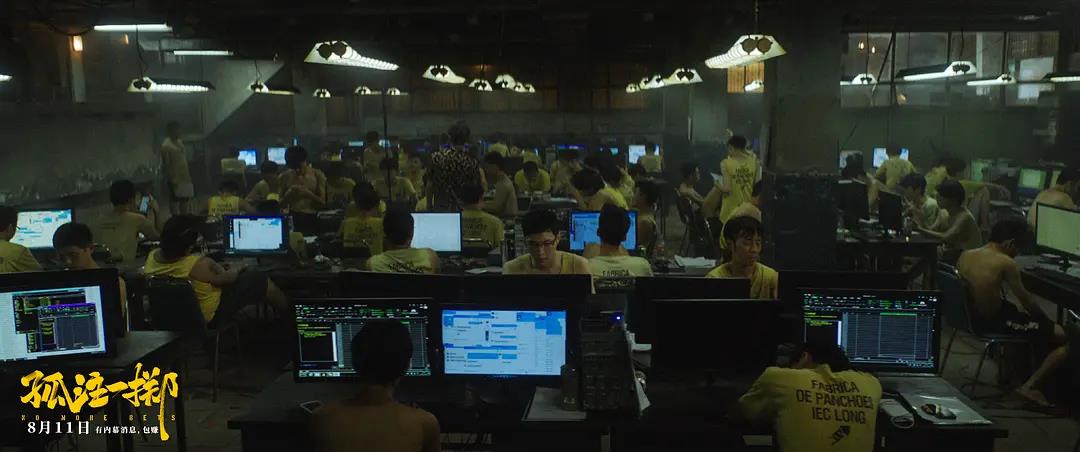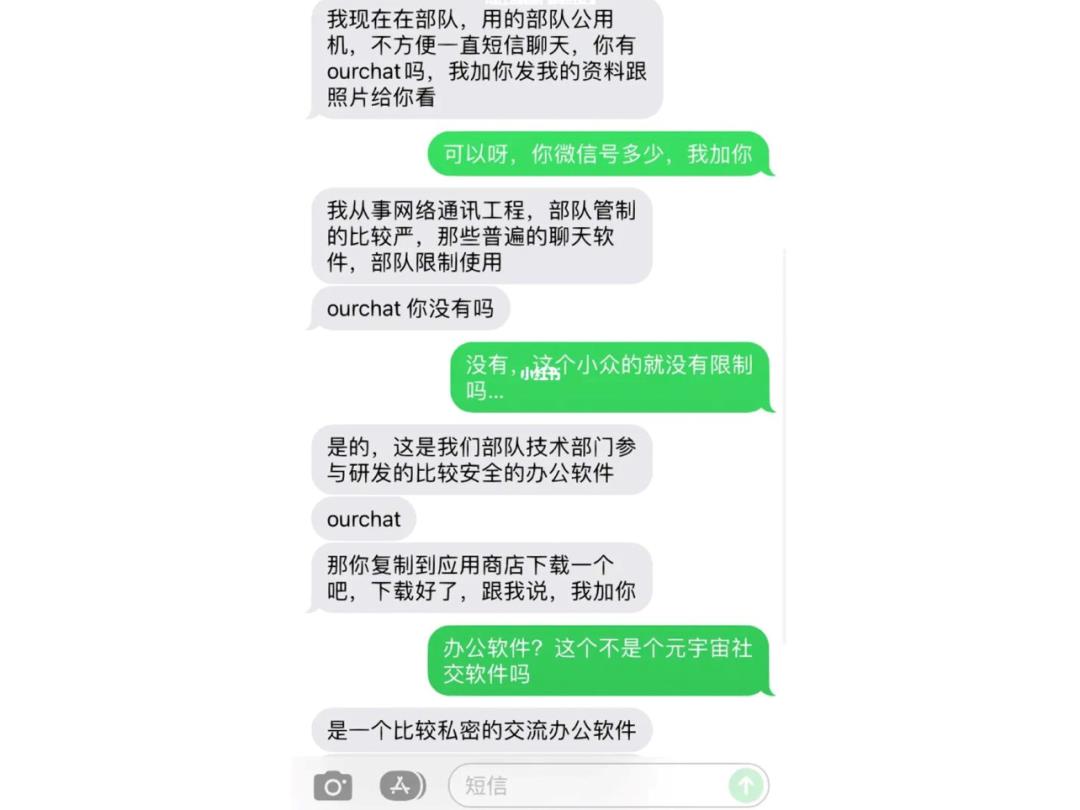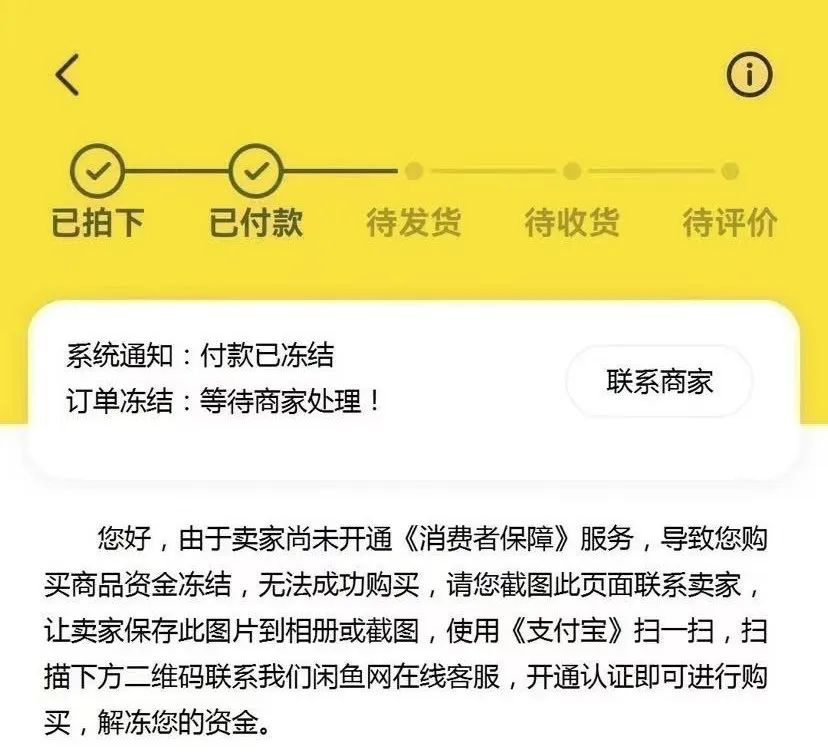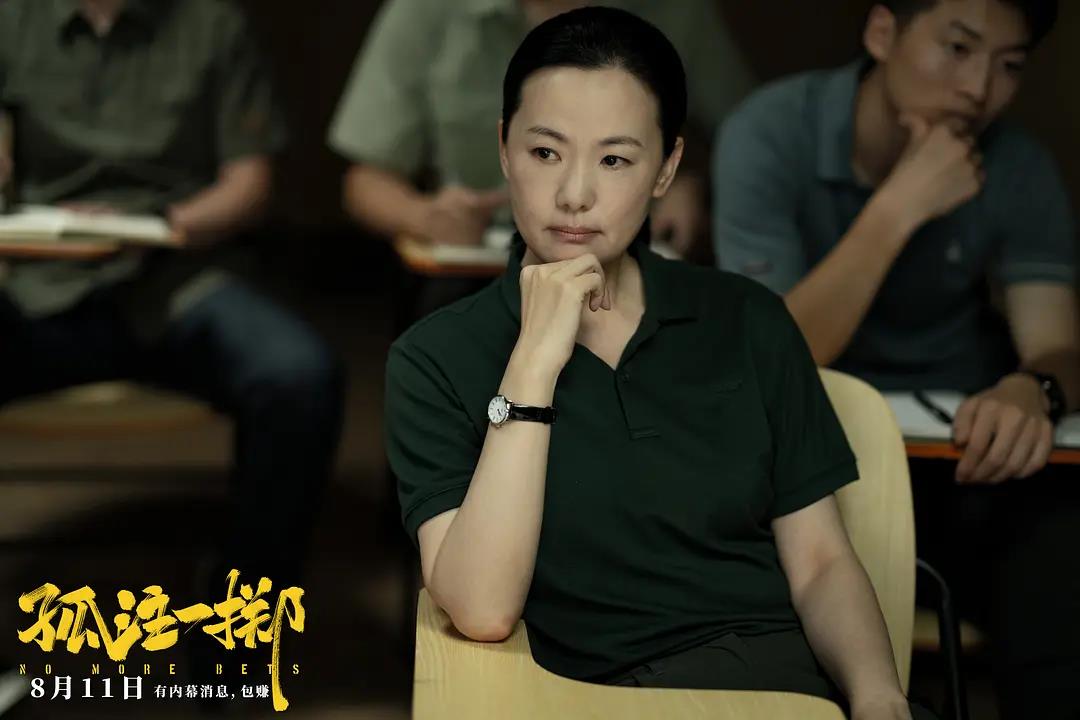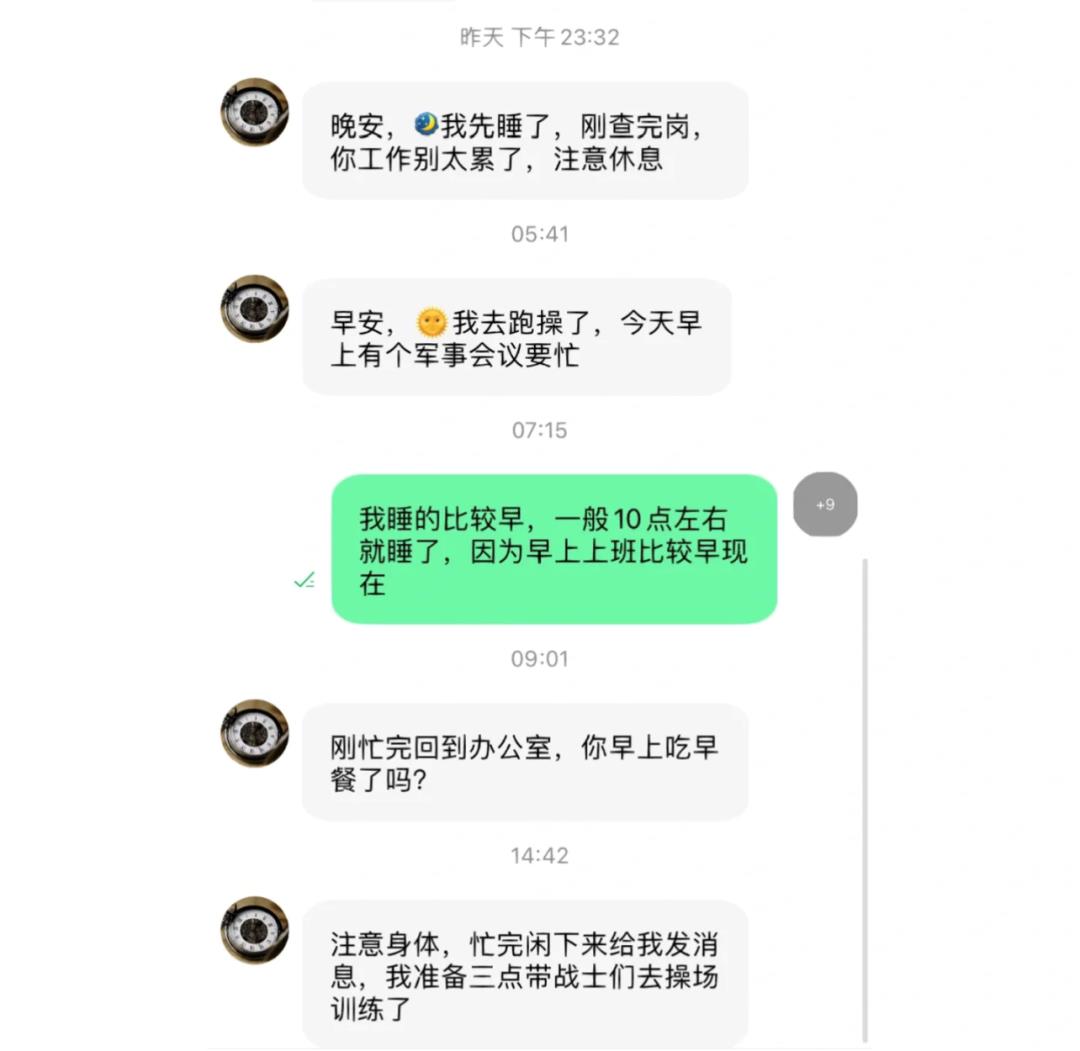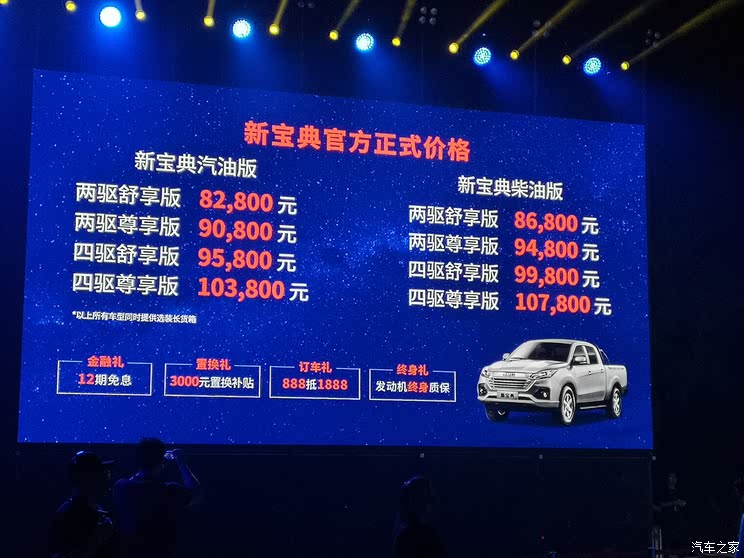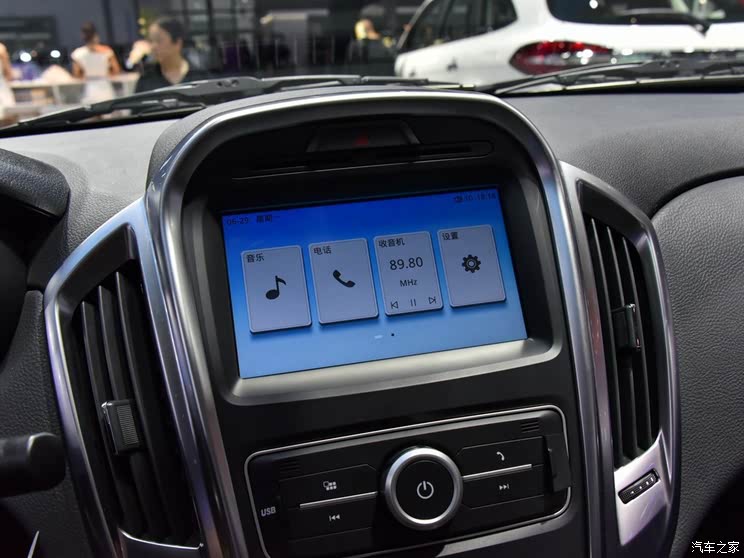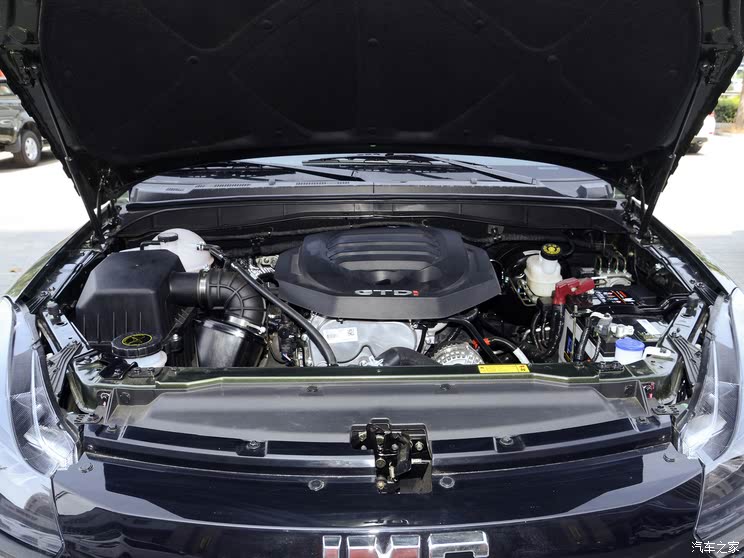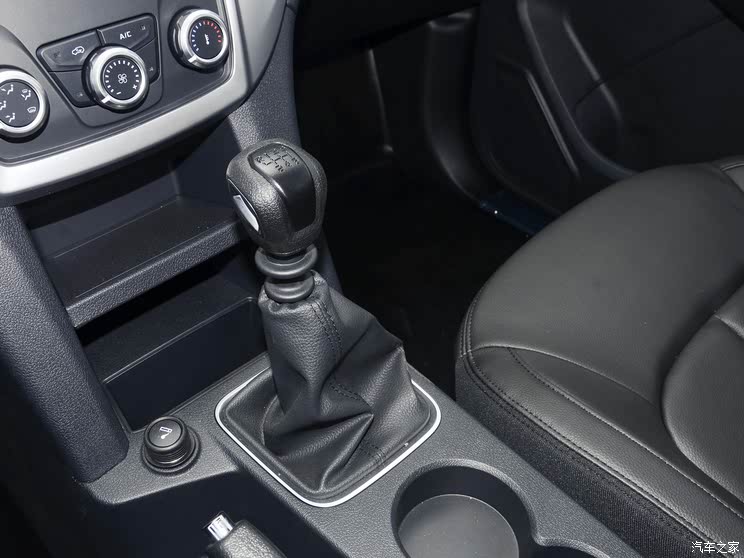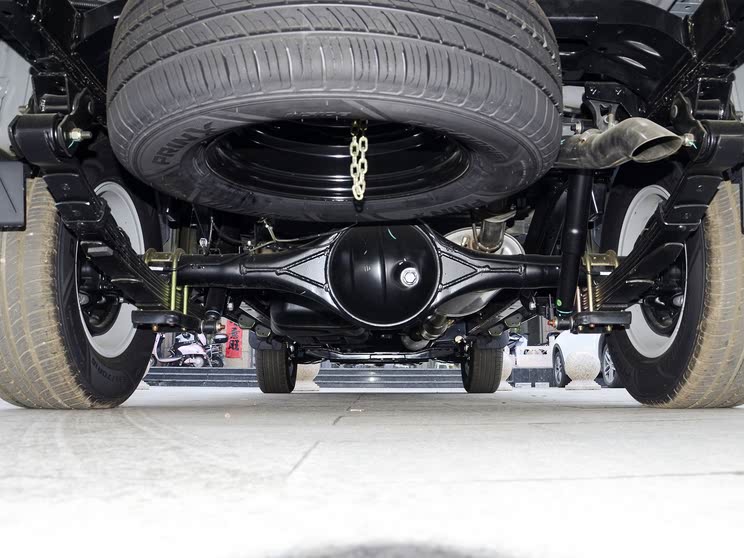In 2010, the annual report on government information disclosure in Yunnan Province was compiled by the Yunnan Provincial Commission of Industry and Information Technology in accordance with the requirements of the Regulations on Government Information Disclosure in People’s Republic of China (PRC) (hereinafter referred to as the Regulations), combining the self-inspection reports and statistical data of government information disclosure in 2010 of the people’s governments of various states (cities) and relevant commissions, offices, departments and bureaus of the provincial government. This report consists of seven parts: an overview, voluntary disclosure of government information, disclosure of government information according to application, consultation and handling, fees and reductions for government information disclosure, application for administrative reconsideration and administrative litigation due to government information disclosure, main problems and improvement measures, relevant explanations and schedules.
I. Overview
Promoting the disclosure of government information is an inevitable requirement for implementing the Regulations, improving scientific governance and democratic law enforcement, and building a harmonious socialist society. It is also an important content for deepening the openness of government affairs, transforming government functions, realizing management innovation and building a government that people are satisfied with. In 2010, the administrative organs at all levels in our province closely focused on the overall requirements of building a government ruled by law and a service-oriented government, and closely combined the implementation of the Regulations with the implementation of the four systems of "sunshine government" and "efficiency government" by the provincial government, further improved the promotion mechanism of government information disclosure, implemented the confidentiality review regulations, broadened the channels for disclosure, and strengthened supervision and inspection, which made the government information disclosure work in the province steadily advance and achieved new results.
(A) to further improve the information disclosure mechanism.
The provincial government regards the disclosure of government information as a basic work to promote the government’s own construction in our province, and arranges it together with the implementation of the four systems of "sunshine government" and "efficiency government". In November, 2010, the provincial government held an on-the-spot meeting on deepening the openness of government affairs and promoting government services in Yunnan Province. Li Jiang, member of the Standing Committee of the Provincial Party Committee and vice governor, explicitly requested that government information disclosure be included in the openness of government affairs and promoted in a coordinated manner according to the spirit of the National Conference on Deepening the Openness of Government Affairs and Promoting Government Services. In order to further improve the construction of the organization team, the provincial government timely adjusted the members of the provincial government affairs disclosure leading group after the changes in the work of some members of the leading group. After the institutional reform, governments and departments at all levels in the province also adjusted the members of the leading group in time, further improved the working organization, equipped personnel, and defined their responsibilities, forming a responsibility system in which the main leaders are fully responsible, the leaders in charge are directly responsible, and all functional departments are responsible for the specific implementation of government information disclosure in their own departments, ensuring that At present, the province has equipped 11,894 full-time and part-time government information disclosure staff, and established a team of 13,358 government information inquiry liaison officers, providing a strong organizational and personnel guarantee for the government information disclosure work. In 2010, the province made a total of 2,457,181 pieces of government information public through various channels.
(two) the effective implementation of government information disclosure and confidentiality provisions.
Strengthening the confidentiality review of government information disclosure is an inevitable requirement to ensure the security of state secrets and safeguard national security and interests, and it is also an important guarantee for the smooth progress of government information disclosure. In order to further strengthen the confidentiality review of government information disclosure, in June 2010, the provincial government issued the Notice of the General Office of the People’s Government of Yunnan Province on Strengthening the Confidentiality Review of Government Information Disclosure (Yun Zheng Ban Fa [2010] No.112), which put forward requirements for strengthening the confidentiality review of government information disclosure from the aspects of strengthening organizational leadership, establishing a sound system, strengthening supervision and inspection, and serious accountability. In November, the Provincial Committee of Industry and Information Technology, in consultation with the provincial state secrecy department, issued the Notice on Issues Related to Self-inspection of Government Information Disclosure and Compilation and Publication of Annual Report, requiring all departments at all levels in the province to take the year-end self-inspection of government information disclosure and compilation of the annual report of government information disclosure as an opportunity to conduct special inspections on the confidentiality review of government information disclosure in their own regions and departments in accordance with the requirements of the State Council and provincial government documents, find and correct existing problems in time, take effective measures, strengthen the confidentiality management of weak links, and further improve information disclosure. According to the self-examination results of various departments at all levels, at present, governments and departments at all levels in the province have improved the censorship institutions and improved the censorship system in accordance with the requirements of the Regulations and related documents and the principles of "who is open, who is censored" and "who is open, who is responsible", clarifying the division of responsibilities, review procedures and accountability for confidentiality review, ensuring that confidential information is not disclosed and public information is not classified.In the specific implementation process, the confidentiality review procedure is combined with the official document production procedure and the information release procedure, which effectively prevents the confidentiality review from being divorced from the government information release procedure.
(three) actively broaden the channels of government information disclosure, strengthen the government information query service.
In order to meet the public’s multi-channel access to government information, on the basis of giving full play to the role of government websites as the first platform for government information disclosure, our province has continuously strengthened the construction of government information disclosure channels in combination with the institutional measures taken by the provincial government to strengthen its own construction. Focusing on the implementation of the "Sunshine Government" four systems, the first unified 96128 special line in the whole province was established in 2009 to provide government information inquiry service for the broad masses of the people. In 2010, the provincial government put forward the requirements of implementing the "three extensions" of government information inquiry service and promoting the branding construction of the 96128 special line. To this end, the provincial government issued the "Measures for the Administration of Yunnan Government Information Inquiry 96128 Special Line", held a teleconference on building the 96128 Special Line according to the brand, and the Provincial Industry and Information Committee formulated and issued the "Opinions on the Integration of Yunnan Government Public Service Telephone" and the "Implementation Opinions on the" Three Extensions "of Yunnan Government Information Inquiry 96128 Special Line Service (for Trial Implementation)", which integrated the provincial government public service telephone and served the 96128 Special Line. Departments at all levels shall, according to the spirit of the documents of the provincial government and the Provincial Industry and Information Committee, and in combination with the actual situation, hold a special work meeting in time to study and arrange the construction of the "three extensions" of the special line service. At present, the provincial departments and nine states (cities) such as Kunming, Zhaotong and Qujing have basically completed the extension of the service time, service content and service mode of the special line, the service quality and effect of the special line have been improved, and the service ability of government information inquiry has been greatly enhanced.
(4) Continuously strengthen supervision and inspection.
First, actively carry out the evaluation of government information disclosure. According to "Regulations" and "Measures for Assessment and Evaluation of Government Information Disclosure in Yunnan Province", in early 2010, the evaluation of government information disclosure in 2009 in the whole province (43 provincial departments and 16 prefectures and cities) was organized, and the evaluation report was fed back to the evaluated units in time, effectively guiding all units to take effective measures to improve the existing problems and promote the development of government information disclosure. The second is to strengthen the supervision and inspection of the construction of government information disclosure channels. The Provincial Government Supervision Office and the Provincial Industry and Information Committee respectively took the lead in organizing inspectors to supervise and inspect the construction of the government service center and the government service 96128 special line. In addition, the supervisory and government information disclosure agencies at all levels have strengthened supervision and inspection of the state (city) government information disclosure through various forms, and urged all levels and departments to take the initiative to accept public supervision through the Internet, complaint telephone numbers, e-mail, etc.
Second, the initiative to disclose government information
This year, all departments at all levels in the province have voluntarily disclosed 2457181 pieces of information through various means, an increase of 23.9% over 2009. Among them, 1,126,475 articles were made public through government portals (departments) websites and government information disclosure websites, accounting for 46%; 22,441 articles were made public through press conferences, accounting for 0.9%; 32,543 articles were published through the official gazette, accounting for 1.2%; 1,275,722 articles were made public by other means that are convenient for the public to know, accounting for 51.9%.
In addition, the province held 1880 major decision-making hearings this year, of which 5 were organized and implemented in the name of the provincial government, 14 were organized and implemented by provincial departments, and 1861 were organized and implemented by States (cities); 35,584 important events were publicized, including 9 in the name of the provincial government, 662 in the provincial department, 5,405 in the state (city) and 29,517 at the county level; 76,549 key work circulars were completed, including 8 circulars issued in the name of the provincial government, 1,426 circulars issued by provincial departments, 11,142 circulars issued by the state (city) and 63,981 circulars issued at the county level.
(A) the scope of voluntary disclosure
1, the composition of the government
In 2010, information about the management functions, leadership division, adjustment and changes of various localities and departments was mainly disclosed. For example, the Notice of the General Office of Kunming Municipal People’s Government on Printing and Distributing the Division of Work of the Secretary-General, Deputy Secretary-General, Office Committee Members, Party Committee Secretaries and Investigators of the Municipal Government, the Notice of Lijiang Municipal People’s Government Office on the Organization of the Municipal Government, the Notice of Pu ‘er Municipal People’s Government on Adjusting the Division of Work of Municipal Government Leaders, and the Notice of Wenshan Prefecture People’s Government on Adjusting the Division of Work of Leading Members of the Twelfth Prefecture People’s Government.
2, local regulations (draft), rules and normative documents
In 2010, local regulations (drafts), rules and normative documents formulated by various localities and departments were mainly made public, including information on agriculture, forestry, water and fisheries, trade and industry, foreign trade and foreign affairs, price development and reform, finance, taxation, ethnic religion, public security and judicial administration. For example, the Notice of the Leading Group for the Comprehensive Coordination of the Transformation of Low-and Medium-Yield Farmland in Yunnan Province on Issuing the Plan for the Transformation of Low-and Medium-Yield Farmland in 2010, the Provisions on Pensions and Preferential Treatment for Soldiers in Yunnan Province (Order No.148 of the People’s Government of Yunnan Province), and the Decision of the People’s Government of Yunnan Province on Commending Outstanding Professional and Technical Talents with Outstanding Contributions and Persons with Special Government Allowances in 2010. Detailed Rules for the Implementation of Bidding Management of Qujing Construction Engineering Survey and Design and Urban and Rural Planning and Design, Decision of Lijiang Municipal People’s Government on Announcing the Cleaning Results of Municipal Departments’ Administrative Examination and Approval Projects, Notice of Pu ‘er Municipal People’s Government on Further Strengthening the Preparation of Village Planning, Notice of Chuxiong Prefecture People’s Government Office Forwarding the General Office of the Provincial People’s Government on Fully Implementing the Official Card Settlement System, and Implementation Opinions of Xishuangbanna Prefecture People’s Government on Promoting Trademark Strategy Work.
3, national economic and social development planning, special planning, regional planning and related policies.
In 2010, the government work reports of various localities and departments, the outline of national economic and social development, some special development plans, regional development plans, policies related to economic and social development and other information were mainly made public. For example, the 11th Five-Year Plan for the Development of Agriculture and Rural Economy in Yunnan Province, the Highway Network Plan of Yunnan Province (2005-2020), the Work Report of Yunnan Provincial Government in 2009, the Report on the Final Accounts of Local Finance in Yunnan Province in 2009, and the List of Government-led Construction Projects for the 11th Five-Year Plan of National Economic and Social Informatization and Information Industry in Qujing City. Report on the Business Development of Pu ‘er City in the Next Five Years (2009 -2013), Notice of Chuxiong Prefecture People’s Government on Printing and Distributing the Three-year Implementation Plan for the Reform of Medical and Health System in Chuxiong Prefecture (2009-2011), Simplified Plan for the Construction of Ecological State in Xishuangbanna Dai Autonomous Prefecture (2009-2020), and Development Plan for Agricultural Mechanization in Lijiang City (2009)
4. Statistical information of national economic and social development
In 2010, the statistical bulletins and statistics of national economic and social development of various localities and departments were mainly made public. For example: Report on National Economic and Social Development of Yunnan Province, Main Indicators of National Economic and Social Development of Yunnan Province, Bulletin on Completion of Fixed Assets Investment in Qujing City from January to September 2010, Industrial Investment in Pu ‘er City Continued to Maintain a Steady Growth Trend from January to September, Statistical Bulletin of National Economic and Social Development in Dehong Prefecture in 2009, and Completion of Main Indicators of National Economy in Jinping County in the First Quarter of 2010.
5, budget and final accounts report
In 2010, the financial budgets and final accounts reports prepared by various localities and departments this year were mainly disclosed. For example, Report on the Final Accounts of Yunnan Province in 2009, Report on the Implementation of Lijiang Local Budget in 2009 and Draft Local Budget in 2010, Report on the Implementation of Pu ‘er Local Budget in 2009 and Draft Local Budget in 2010, Report on the Implementation of Local Budget in Dali Bai Autonomous Prefecture and Draft Local Budget in 2010.
6, government procurement information
In 2010, information such as government tenders, bids and procurement announcements of various localities and departments this year were mainly made public. For example: Catalogue and Quota Standard of Centralized Government Procurement in Yunnan Province in 2010-2011 (Yun Zheng Ban Fa [2010] No.40), Announcement of Kunming Municipal Government Purchasing Office Equipment of Traffic Police Detachment of Kunming Public Security Bureau, Announcement of Competitive Negotiation Procurement of Elevator Equipment of Lijiang Maternal and Child Health Hospital, and Announcement of Inquiry for Electronic Products of Chuxiong Municipal Government Procurement Office. Announcement of Inquiry for Special Equipment of Xishuangbanna Public Security Bureau, and Announcement of Bidding for Competitive Negotiation of "Emergency Center Equipment" Procurement Project of Lijiang Yulong Snow Mountain Scenic Area Investment Management Company.
7, administrative fees
In 2010, the Provincial Department of Finance and the Provincial Development and Reform Commission issued the Notice on Printing and Distributing the Catalogue of Administrative Charges Approved at the Provincial Level in Yunnan Province, covering 20 departments including railways, transportation, agriculture, construction, education, public security, industry and commerce, human resources and social security, civil affairs, confidentiality, tourism, finance, family planning, development and reform, civil aviation and health, and the management methods, charging basis and 61 charging items. All localities and departments have made public the adjustment and cancellation of administrative fees, for example, the Notice of Lijiang Municipal People’s Government Office on Further Strengthening the Management of the Collection and Use of Cultivated Land Reclamation Fees (Li Zhengban No.115).
8, administrative law enforcement projects
In 2010, the adjustment and cancellation of administrative law enforcement projects in various localities and departments this year were mainly disclosed, and the basis, procedures and time limit of administrative law enforcement were supplemented and improved. For example, the Kunming Municipal People’s Government’s Administrative Law Enforcement Matters Based on Law Enforcement Duties, the Chuxiong Agricultural Administrative Comprehensive Law Enforcement Detachment’s Serious Organization to Carry out the State-wide Evaluation of Agricultural Administrative Law Enforcement Files, and the Announcement of State-level Examination and Approval Items Reserved for Implementation in Dehong Prefecture.
9, the approval and implementation of major construction projects
In 2010, the basic information, construction and progress of major construction projects in various localities and departments were mainly disclosed. For example: Report on the Completion of Major Water Conservancy Construction Targets in the 11th Five-Year Plan, Comprehensive Start-up Work of Yunnan Provincial Working Group on Implementing the Strategic Project of Revitalizing the Province by Quality, Construction Project of General Hospital in Qidian Industrial Zone of Chenggong Industrial Park of Chenggong County Health Bureau, Report on the First Quarter Progress of 20 Major Construction Projects under Key Supervision in Chuxiong in 2010, Construction of Ruili Avenue, an important transportation hub of international thoroughfare, and the first one in Maguan County.
10, poverty alleviation, education, medical care, social security, employment promotion and other aspects related to the vital interests of the people’s policies and measures and their implementation.
In terms of poverty alleviation, relevant information such as the key points of poverty alleviation work in our province has been made public, such as "Our province will carry out research work on poverty alleviation legislation", "Record Form of Poverty Alleviation and Housing Project in Yunnan Province in 2010" and "Relevant information on the basic situation investigation of poor village committees".
In terms of education, relevant information such as college enrollment, recruitment of special post teachers, administrative examination and approval projects, examination and recruitment of government staff, quality engineering projects in colleges and universities, public study abroad projects, and project construction plans for new doctoral units have been disclosed, such as: Notice of Yunnan Provincial Department of Education on the main indicators of Yunnan’s "two basics" reaching the acceptance standard, and Notice of Yunnan Provincial Department of Education on recommending candidates for the 2011 American Key Language Teacher Project.
In terms of medical and health care, medical insurance policies and other related information have been made public, such as: Our province’s phased reduction of medical insurance rates has achieved remarkable results; the Interim Measures for the Implementation of Basic Medical Insurance for Urban Residents in Lijiang; the Interim Measures for Industrial Injury Insurance for Migrant Workers in Xishuangbanna; and the Measures for Supplementary Medical Insurance for Urban Residents in Honghe Prefecture (Trial).
In terms of social security and employment promotion, the provincial grain dynamic reserve plan for 2009-2010 in our province has been fully completed, the resettlement measures for returned overseas students in Yunnan Province (draft), the notice of Yunnan Provincial Department of Human Resources and Social Security on adjusting the treatment of employees injured at work and supporting relatives, and the Yunnan Provincial Department of Human Resources and Social Security
Yunnan Provincial Department of Finance Yunnan Provincial Local Taxation Bureau forwarded to Ministry of Human Resources and Social Security Ministry of Finance.
Notice of State Taxation Administration of The People’s Republic of China on Further Doing a Good Job in Reducing the Burden of Enterprises and Stabilizing the Employment Situation.
11, emergency plan, early warning information and response to public emergencies.
It mainly disclosed the information about the emergency plans made by various localities and departments this year, such as the Simplified General Emergency Plan for Public Emergencies in Yunnan Province, the Simplified Emergency Plan for Handling Railway Traffic Accidents in Yunnan Province, the Simplified Emergency Plan for Major Food Safety Accidents in Yunnan Province, and the Notice of the Office of the People’s Government of lincang on Printing and Distributing the 2010 Geological Disaster Prevention Plan in lincang.
12, environmental protection, public health, production safety, food and medicine, product quality supervision and inspection.
In terms of environmental protection and safety in production, information such as the 2010 Evaluation List of Centralized Drinking Water Sources in Cities of Yunnan Province, the Monthly Report of Water Quality of Nine Plateau Lakes in Yunnan Province in October 2010, and the Situation of Safety in Production in Yunnan Province from January to October 2010 were published.
In terms of food safety, information such as the Announcement of Illegal Drug Advertisements of Yunnan Food and Drug Administration and the Notice of Yunnan Food and Drug Administration on Matters Related to Health Food Hygiene License were published.
In terms of product quality, relevant information such as Notice of Yunnan Bureau of Quality and Technical Supervision on Quality Supervision and Spot Check of Precious Metals and Inlaid Ornaments, Notice of Yunnan Food and Drug Administration on Determining the Evaluation Pilot Area of Drug Safety Responsibility System in Yunnan Province, and Successful Completion of National Drug Evaluation Sampling in 2010 in Yunnan Province were disclosed.
(2) Active disclosure form
1. The website is open
Departments at all levels in the province regard the unified government information disclosure website and portal (department) websites of all units in the province as the main platforms for government information disclosure. This year, 1,126,475 items of information were disclosed through these two websites, of which 777,503 items were disclosed through portal (department) websites and 348,972 items were disclosed through government information disclosure websites.
2. Press conference
This year, governments at all levels and relevant departments held 1004 press conferences and made 22441 pieces of government information public. The content involves people’s livelihood, environmental protection, public transportation and so on.
3. Official Gazette
This year, governments at all levels and relevant departments disclosed important administrative regulations, government regulations, major normative documents of various government agencies, and relevant information such as personnel appointment, dismissal and commendation through the government gazette. A total of 1080 issues of the government gazette were published throughout the year, and 32,543 pieces of government information were disclosed.
4. Other ways for the public to know.
Departments at all levels actively disclosed 1,275,722 pieces of government information through SMS, newspapers, radio, television and other forms.
5. Public access places
In line with the principle of convenient service, all departments at all levels in the province have effectively strengthened the construction of centralized access points for public libraries and archives to actively disclose government information. A total of 22,267 public access points were set up, with about 48,321,176 people (times).
Three, according to the application of government information disclosure, consultation and handling.
(a) the receipt of the application
This year, the province received a total of 23,314 applications for government information disclosure, a year-on-year increase of 3%. Among them, provincial departments received 11,499 pieces, and state (city) people’s governments received 11,815 pieces. There were 11,987 written applications on site, accounting for 51.4%; 660 e-mail applications, accounting for 2.8%; 130 fax applications, accounting for 0.58%; 112 applications were sent by mail, accounting for 0.52%; There were 10,425 applications in other forms, accounting for 44.7%.
Among the provincial departments, 14 departments, such as the Provincial Civil Affairs Department, the Provincial Department of Land and Resources and the Provincial Department of Environmental Protection, are involved in disclosure according to the application. The contents of the application for disclosure mainly involve civil affairs, land, environmental protection, industry and commerce, taxation and so on.
Among the states (cities), 11 states (cities) such as Kunming, Zhaotong and Yuxi are involved in the disclosure according to the application, and the application mainly involves civil affairs, education, environmental protection, urban construction, land acquisition and demolition, employment, taxation and other aspects.
(2) Application processing.
The total number of applications answered this year is 22,868. Among them, 18,908 "consents to disclosure", accounting for 82.7%; 1977 cases of "agreeing to partial disclosure", accounting for 8.6%; 150 pieces of "government information not referred to in the Regulations", accounting for 0.66%; 356 "information does not exist", accounting for 1.6%; 584 "not within the scope of authority of this organ", accounting for 2.5%; 410 "unclear application contents", accounting for 1.84%; 253 "duplicate applications", accounting for 1.1%; 230 "closed", accounting for 1%.
Of the 230 "not made public", 112 were not made public because of "state secrets"; 10 "trade secrets" will not be made public; 18 pieces of "personal privacy" will not be disclosed;
43 pieces of "information in the process affects security and stability" will not be disclosed; 15 "endangering security and stability" will not be disclosed; 32 "other circumstances stipulated by laws and regulations" will not be made public.
The total number of applications rejected this year is 446, mainly because they are not within the scope of government information disclosure.
(3) Consultation situation
1. Consultation situation
In this year, all levels and departments accepted 3,964,990 people (times) of government information disclosure consultation, of which 96,128 people (times) consulted by telephone, accounting for 12.4%; The number of online inquiries was 10063 (times), accounting for 0.3%; The number of on-site consultations was 3,131,574 (times), accounting for 79%; The number of other ways of consultation was 329,374 (times), accounting for 8.3%.
2. Consultation and reply
This year, the number of responses to the 96128 government information inquiry hotline in Yunnan Province was 493,979, and 149,303 people (times) were successfully transferred, with a transfer success rate of 92.30% and a satisfaction rate of 98.09%. Yunnan provincial government information network query system received 10063 questions from the masses, and 7725 were settled within a time limit, with a time-limited settlement rate of 76.8%. Among them, the provincial departments received 4143 pieces, and 3834 pieces were completed within a time limit, with a time-limited completion rate of 92.5%; States (cities) and counties (cities, districts) under their jurisdiction received 5,920 pieces, and 3,891 pieces were completed within a time limit, with a time limit completion rate of 65.72%. In addition, all levels and departments responded to on-site consultation and other consultation methods in accordance with relevant regulations.
Four, the government information disclosure fees and reductions.
This year, all levels and departments in the province collected (or reduced) retrieval fees, reproduction fees, mailing fees and other fees in strict accordance with the spirit of the Notice of the National and Provincial Development and Reform Commission and the Provincial Department of Finance on the charging standards of government public information provided by administrative organs upon application and related issues. A total of 319,686 yuan was collected for government information disclosure, and 58,401 yuan was reduced or exempted. Among them, the retrieval fee is 300,000 yuan, with a reduction of 42,836 yuan; The copying fee (including CD and paper) is 19,578 yuan, with a reduction of 14,775 yuan; The postage fee is 108 yuan, which is reduced for 790 yuan. It mainly involves four provincial departments including the Provincial Administration for Industry and Commerce, the Provincial Department of Land and Resources, the Provincial Department of Agriculture and the Provincial Audit Office, and five states (cities) including Yuxi, Dali, Zhaotong, Chuxiong and lincang.
V. Application for administrative reconsideration and administrative litigation due to government information disclosure
This year, the whole province received two applications for administrative reconsideration about the disclosure of government information, and two of them were completed. The results of reconsideration were all to maintain the original administrative behavior, and the contents of the application for administrative reconsideration mainly involved the disclosure of government information in auditing.
Citizens, legal persons and other organizations in the province believe that specific administrative actions in the government information disclosure work of administrative organs infringe upon their legitimate rights and interests, and filed two administrative lawsuits, one of which has been completed according to regulations and one is being processed.
No citizens, legal persons or other organizations in the province have filed administrative representations or reports because they believe that the administrative organs do not fulfill the obligation of government information disclosure according to law.
Six, the main problems and improvement measures
In 2010, the government information disclosure in our province has made new achievements, but there is still a certain gap from the requirements of the Regulations. There are still shortcomings in establishing a long-term mechanism for government information disclosure, deepening the disclosure content, and strengthening supervision and inspection. In order to further promote the government information disclosure, in 2011, our province will focus on the following aspects.
(A) to strengthen leadership and establish a long-term mechanism
Strengthen the study and implementation of the Regulations and related policy documents, improve the understanding of the importance of government information disclosure, closely combine the promotion of government information disclosure with the implementation of the four systems of "government under the rule of law", "responsible government", "sunshine government" and "effective government" in our province around the central work of the provincial party Committee and government, further strengthen organizational leadership, establish and improve a long-term mechanism for government information disclosure, clarify responsibilities, refine division of labor, enrich strength and
(2) Deepen the disclosure of contents and improve the effectiveness of disclosure.
Further standardize management and deepen public content. On the one hand, we will improve the standardized compilation, disclosure, maintenance and updating of government information disclosure catalogues and guidelines, and strengthen the timely release of annual reports on government information disclosure. On the other hand, we should further intensify the voluntary disclosure of government information, deepen the disclosure content, expand the amount of information, and improve the initiative and timeliness of information disclosure in accordance with the requirements of "openness is the principle and non-disclosure is the exception". We will focus on the disclosure of government information with high social concern, such as "ensuring growth, stability and people’s livelihood", and strengthen the implementation of central macro-control, the implementation of a new round of western development strategy, the construction of "two strong and one fortress", the improvement of people’s livelihood, environmental protection and other hot and key areas, and increase the disclosure of planning, statistics, people, money and materials and information closely related to the vital interests of the people, so as to effectively protect the public.
(3) Improve the carrier function to facilitate the public.
Further strengthen the carrier construction. First, improve and strengthen the supporting functions such as directory management of government information disclosure platform and disclosure according to application, promote the information sharing between government information disclosure website and government portal (department) website, and give full play to the role of government website as the first platform to disclose government information. Second, around the implementation of the deployment of the provincial government to promote the branding of the 96128 special line, actively promote the "three extensions" of the 96128, strengthen the informatization construction of the government service center, and realize the trinity of government information service mode of telephone, network and service center. The third is to strengthen the construction of public reference places such as public libraries and national archives at all levels to provide services for the public to inquire about government information. Fourth, give full play to the role of government bulletins, and actively disclose all kinds of government information by holding press conferences and using newspapers, radio, television, mobile phones, bulletin boards, electronic information screens and other ways that are convenient for the public to know.
(four) to further strengthen the confidentiality review of government information disclosure.
Further in-depth implementation of the relevant national laws and regulations on confidentiality and the requirements of the general office of the State Council and the general office of the provincial government on the confidentiality review documents of government information disclosure, actively carry out publicity and training on the newly revised Secrecy Law and the confidentiality review system of government information disclosure, improve the security awareness of government information disclosure at all levels and departments, and properly handle the relationship between "confidentiality" and "information disclosure". On the other hand, strengthen the supervision and inspection of the confidentiality review of government information disclosure, resolutely put an end to the occurrence of leakage incidents, and vigorously promote the disclosure of government information while ensuring the security of state secrets.
(five) to further strengthen the disclosure work according to the application.
Conscientiously implement the "Opinions of the General Office of the State Council on Doing a Good Job in the Disclosure of Government Information by Application" (Guo Ban Fa [2010] No.5), further improve the acceptance mechanism of government information by application, standardize the work flow, clarify the division of responsibilities, make full use of government service centers at all levels and other public places to add acceptance points by application, improve the online processing mechanism by application, ensure smooth channels, and accept public applications in a timely manner. Proper application for government information disclosure in accordance with the law not only protects the legitimate rights and interests of the applicant, but also prevents the occurrence of leakage.
(six) strengthen supervision and assessment, and promote the implementation of the work.
Further intensify supervision and assessment, regularly or irregularly supervise and inspect the implementation of the Regulations by all localities and departments, assess the contents, effects, satisfaction of the masses, opinions and complaints of the masses, sum up and promote good experiences and practices, find and study and solve existing problems in time, promote the timely, comprehensive and accurate disclosure of government information, and promote the comprehensive and in-depth development of government information disclosure in the province.
VII. Relevant explanations and schedules
(1) Relevant explanations
1. The statistical time of the data listed in this report is as of December 31st, 2010.
2. The electronic version of this report can be downloaded from the portal website of Yunnan Provincial People’s Government (http://www.yn.gov.cn).
3. If you have any questions about this report, please contact Yunnan Provincial Commission of Industry and Information Technology (Address: No.37 Yong ‘an Road, Kunming, Yunnan)
Network and Information Resources Management Office of Yunnan Provincial Commission of Industry and Information Technology; Postal code: 650011; Tel and fax: 0871-3512641, 3512745; E-mail: wlxxzyglc@yn.gov.cn)
March 30, 2011
(II) Schedule
1, the initiative to open government information.
Remarks on unit quantity of work item
The number of active disclosure of government information in the whole year was 2457181.
Among them: 1. Website Disclosure Article 1126475
2. Press conference venue 1004
Article 22441
3. Official Gazette Period 1080
Article 32543
4, other ways to facilitate public knowing1275722
Set up 22267 public access points.
Number of people consulted at public access points (times) 48321176
2, according to the application of disclosure.
Remarks on unit quantity of work item
In the whole year, 23,314 applications for government information disclosure were received.
Including: 1. Several written applications on site, 11987.
2. Several applications in the form of e-mail 660
3. Several applications in the form of fax 130
4. A number of applications in the form of letters and mails 112
5, other forms of application number 10425
In the whole year, 22,868 cases were disclosed according to the application.
Among them: 1. Agree to disclose several pieces of 18908.
2. Agree to partially disclose several pieces in 1977
3, "the" Regulations "refers to the government information" several 150
4, "information does not exist" pieces 356
5, "not the authority" several 584
6. Several pieces of "unclear application content" 410
7. Multiple "duplicate applications" 253
8. A total of 230 pieces will not be disclosed.
Among them: (1) Several pieces of "state secrets" 112
(2) Several "Trade Secrets" 10
(3) "Personal privacy" 18
(4) Several pieces of "information in the process and affecting safety and stability" 43
(5) "endangering security and stability" 15
(6) "Other circumstances stipulated by laws and regulations" 32
9. Other parts 0
3. Consultation situation
Remarks on unit quantity of work item
Government information disclosure consultation (inquiry) Number of people (times) 3964990
In which: 1. 96,128 people were inquired by telephone (times) 493,979.
2. Number of people (times) queried online: 10063
3. Number of on-site consultations (times) 3,131,574
4, other ways (times) 329374
4, administrative reconsideration, litigation and appeal
Remarks on unit quantity of work item
Several cases of administrative reconsideration due to the disclosure of government information II
Including: 1. Maintain several original administrative actions; 2.
2, decided to cancel, change or confirm the specific administrative act 0.
Several administrative lawsuits caused by the disclosure of government information II
In which: 1. Several cases of judgment revocation or partial revocation 2.
2. Several pieces of judgment changes 0
The administrative litigation fee caused by the disclosure of government information is 100 yuan.
Number of complaints caused by government information disclosure 0
In which: 1. Number of letters and visits 0
2, report several pieces of 0
3. Other modes 0
5. Fees and exemptions
Remarks on unit quantity of work item
According to the application, the amount of public charges is 319,686 yuan.
In which: 1. The retrieval fee is 300,000 yuan.
2. Reproduction fee (including CD and paper) is RMB 19,578.
3. The mailing fee is RMB 108.
The amount of fee reduction and exemption according to the application is RMB 58,401.
In which: 1. The retrieval fee is 42,836 yuan.
2. Reproduction fee (including CD and paper) is RMB 14,775.
3. The postage is 790 yuan.
6. Personnel situation
Remarks on unit quantity of work item
Number of designated staff for government information disclosure 11894
Among them: 1. Full-time staff: 1,714.
2, part-time staff 10180
















